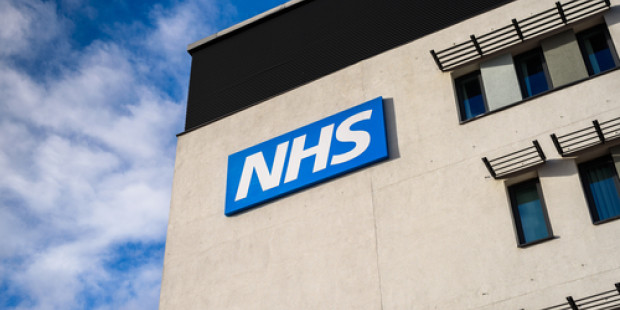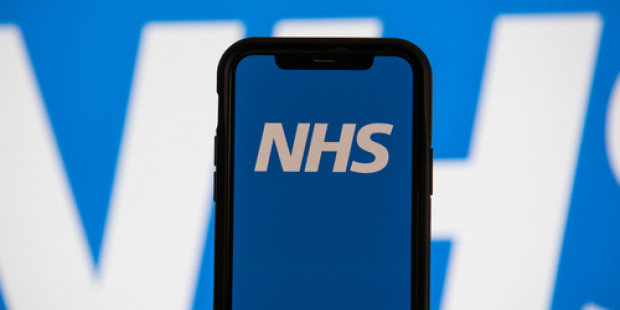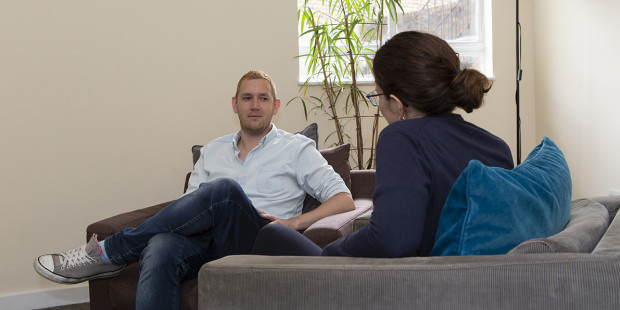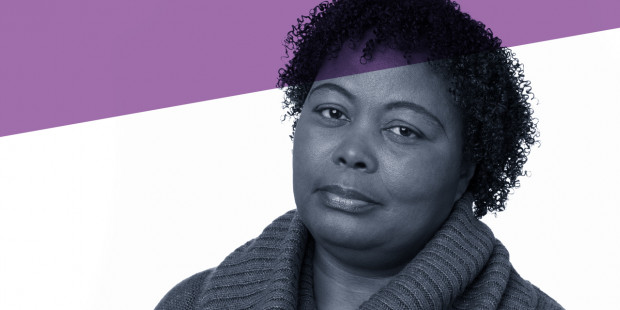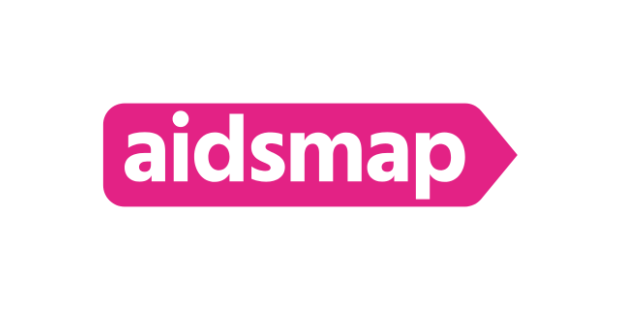Health records in the NHS are covered by confidentiality rules so that personal information about health (including HIV status) is kept private.
All staff working for the NHS have to follow the rules on confidentiality and they could face disciplinary action or dismissal if they don't. The rules apply to doctors’ and dentists’ surgeries as well as in hospitals.
Are the things I tell my doctor kept confidential?
You may sometimes need to talk to a doctor or another healthcare worker about things you’d like to be kept private. This could include your HIV status, details about your sex life, or how you’re feeling. You can expect this information to be treated with the strictest confidence.
The general principle is that your personal information must be kept private. One important exception is that relevant information will normally be shared within the healthcare team and with other health workers who give you care. This is mostly so that the right decisions about treatment can be made.
These rules apply to reception and other support staff as well as to doctors, dentists and nurses. Reception staff might have access to your medical records as part of their work, but they certainly shouldn’t discuss your HIV status in public, or with anyone outside the healthcare team.
What are the NHS rules on confidentiality?
- Personal information must be protected. It should be kept private, stored securely, used carefully and recorded accurately.
- You should be kept informed about how your information will be used. This includes telling you about who can access your information and when it might be discussed with others.
- Your wishes should be respected. For example, if they want to use your details for medical research, you have the right to say no. Or you could say that you don’t want information passed on to other health workers – even if this could make it difficult for them to give you the right treatment.
Confidentiality is also protected by the law and you can take legal action against someone who has breached your confidence. Doctors or nurses who break the rules could be struck off, which means they can’t work in that profession anymore.
Are Summary Care Records confidential?
The same rules of confidentiality will apply to your Summary Care Record, which is an electronic record introduced in England. These records contain basic information like your name and date of birth.
They also mention allergies and the medicines you take, including HIV medicines if these have been discussed with your GP. Health workers involved in your care are allowed to access your records.
This could help you to get the safest medical care. For example, if you were brought to hospital in an emergency and were unconscious, the Summary Care Record could help the doctors to avoid harmful interactions with your HIV medicines.
You can refuse to have your details stored on this electronic record if you do not wish your HIV status to be accessed by other healthcare workers.
Similar systems exist in Scotland (Emergency Care Records), Wales (Individual Health Records) and Northern Ireland (Emergency Care Summary Records).
Are there exceptions to the rules on confidentiality?
NHS rules do allow anonymous information to be shared. For example, a GP might pass on statistics about what treatment has been provided, but they should remove your name and any other information that could identify you.
There are some situations where you might agree that your doctor can provide information from your medical records. You may give permission for a doctor to provide information as part of an application for an insurance policy, or to an employer when you're applying for a job.
There are a few extremely uncommon situations when the normal rules of confidentiality may not apply or be broken:
- If a court requests the information.
- In some cases, if the police request the information.
- If a doctor believes that someone with HIV is putting the life of another person in danger, the doctor may have the right to disclose information to the person in danger. This can only be as a last resort, and after telling the person with HIV that confidentiality will be broken.
Otherwise, the doctor (and other health workers) must make sure that your medical information remains private.
You should also be aware that as more and more NHS services are contracted out to private, partner organisations, wider sharing of your personal information is inevitable.
What if somebody breaches my confidentiality?
If you think a healthcare worker might have breached your patient confidentiality, call THT Direct on 0808 802 1221 for advice. You can also talk to one of our online advisors - it's a free service available to people living with HIV in the UK.



